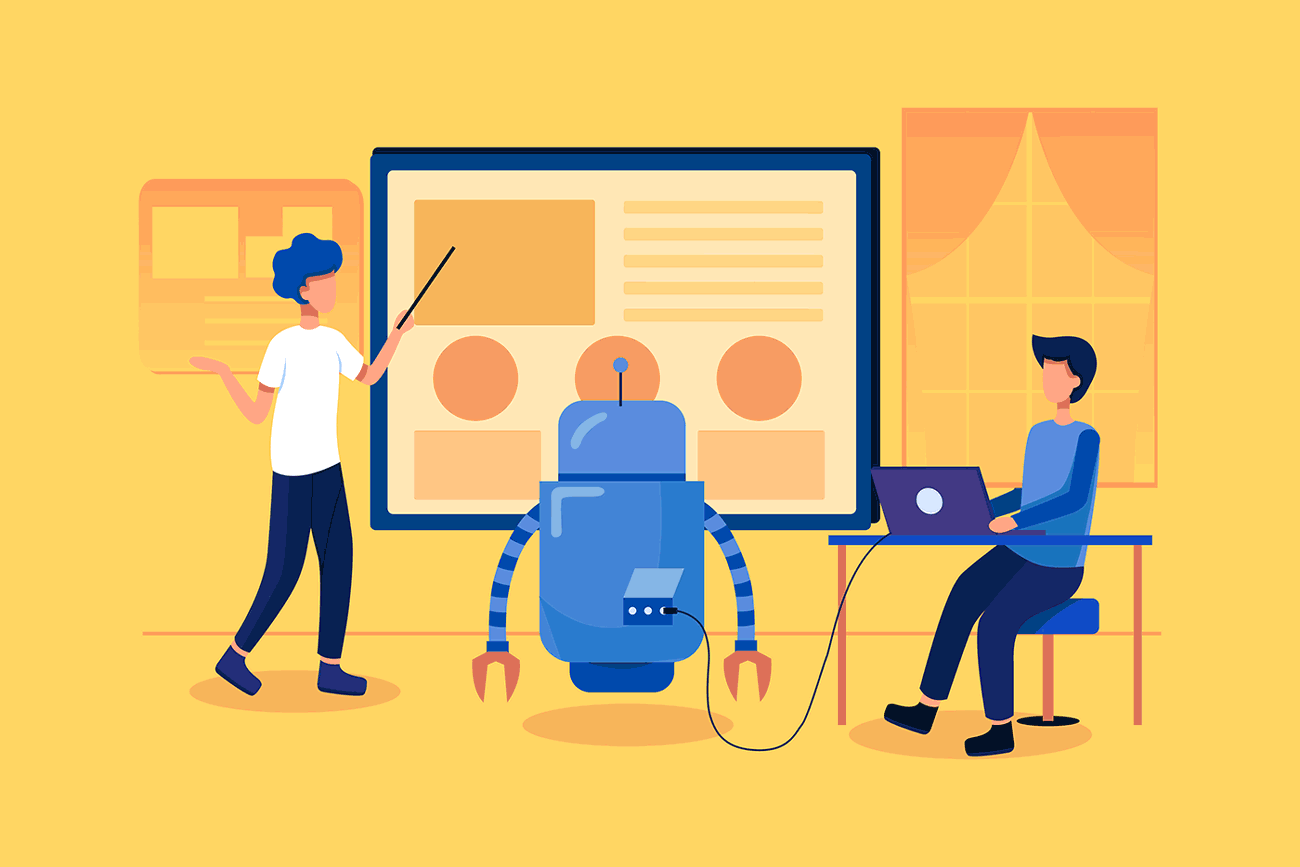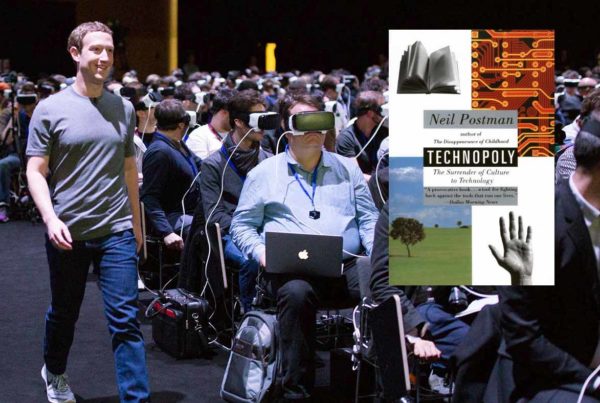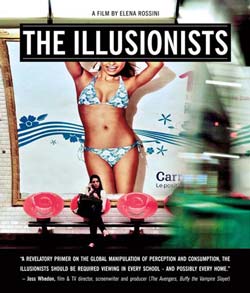Throughout my teens and 20s, I used to spend hours at the library. I enjoyed the feeling of discovering new books, topics and authors by sheer serendipity. For instance, if I was looking for the book The Beauty Myth by Naomi Wolf for my documentary The Illusionists, I would linger for a while in front of the library shelf carrying it, inspecting other books near it, as they would be on a similar topic. I discovered a great deal of interesting books that way, which ended up being crucial, shaping the research and writing of my documentary. No Amazon search or bibliography could have helped in this respect. Some 20 years ago, when video stores were still popular, I would also spend a long time at Blockbuster selecting films to watch. Now that Blockbuster has gone bust and streaming services have become the default way most people watch and discover movies, it’s Netflix’s algorithm that determines recommendations, based on what viewers have watched and searched for in the past. It’s the golden age of algorithmic recommendations, of artificial intelligence dictating which books and films we are exposed to. And we are losing so much in the process.
Two phenomenal writers – essayist Jia Tolentino (a staff writer for The New Yorker and the author of the recently released Trick Mirror) and Ocean Vuong (On Earth We’re Briefly Gorgeous) have been raising alarm bells about this issue.
In an interview for The Guardian’s podcast Today in Focus, Tolentino said:
The Internet, you know, the whole economic model of it, is selling and reselling data points about our identity and our search to further harden or shape or change that identity. And it’s like our selfhood was not meant to bear that kind of economic weight.
Speaking of her internet use when she was a kid, Tolentino commented:
The Internet used to feel […] like a place that you would go and that you could do things in private, and you could discover things, and [it] would serve as its own private reward, which is how most of life is, right? And it could surprise you. And it felt generative and you felt free to be yourself. And the change from that was… [now] on the Internet the things that you see are the same things that everyone else sees. Everything is intertwined with these basically four central networks and what everyone is looking at algorithmically influences what everyone else is looking at… and the programmatic capacity for surprise has dwindled to nearly nothing. It’s like all we have are memes. That’s it. You know? Like all we have are memes and catastrophes.
Writer Ocean Vuong also spoke up against the dominance of algorithms, praising instead bookstores and booksellers during a book event organized by his publisher:
The way I see it, whenever someone walks into a bookstore, they are walking into the future of their cultural and intellectual life. A bookseller collaborates with who you are in order to show you a way forward towards more of yourself, a way you might not have known existed for you—but is still entirely your own. Amazon, with its algorithms, can only show you where you’ve been, can only give you the calcified mirror of your past. In a bookstore, you get a human being who is also a mapmaker of possibility. As booksellers, you are practicing, to my mind, one of our species’ oldest arts, the art of fostering, sharing and shepherding our most vital stories into the FUTURE. And I hope you are as proud of yourself as we writers are of you.
What about you? How do you seek out books to read and films to watch? Do you rely on algorithms, recommendations by friends and family, or browsing bookstores and DVD racks?
Click here to subscribe to future blog posts: The Realists on Ghost.






